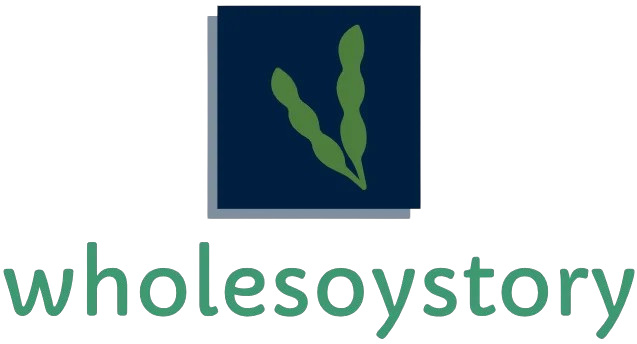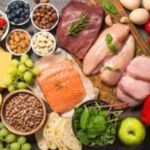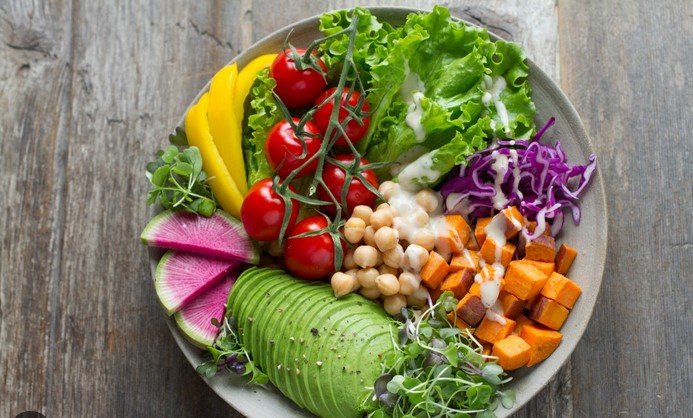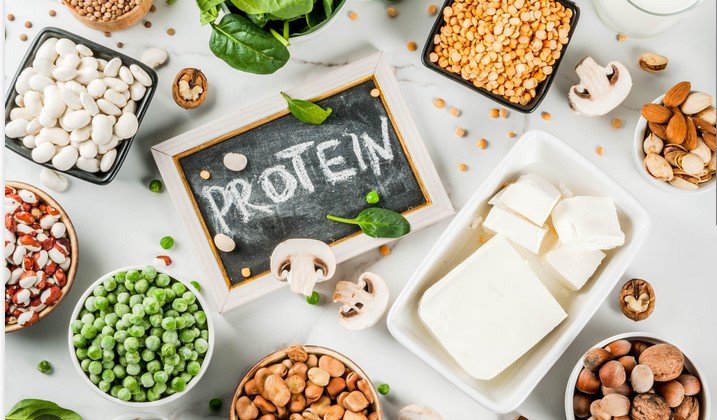Adopting a vegan diet can be a healthy and sustainable choice, but it’s essential to ensure you’re getting all the necessary nutrients your body needs. Without careful planning, certain nutrients may be more challenging to obtain from plant-based foods alone. In this article, we’ll highlight the key nutrients that vegans should be mindful of and how to make sure you’re getting enough of them.
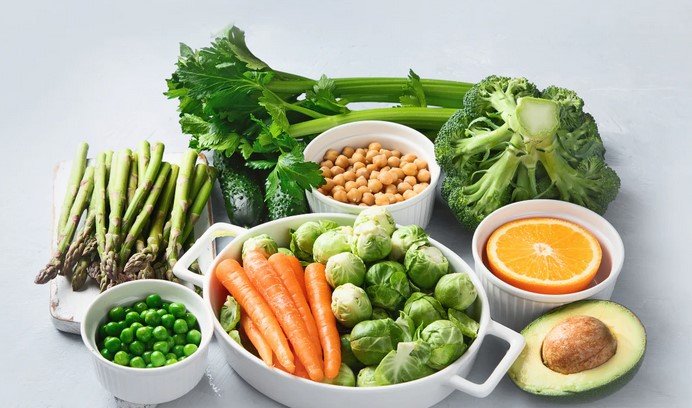
Vitamin B12: Vital for Nerve Function and Blood Health
Vitamin B12 is one of the most crucial nutrients that vegans need to monitor. This vitamin is primarily found in animal products, and without it, you risk developing anemia or nerve damage. Since plant-based foods do not naturally contain B12, vegans must rely on fortified foods or supplements to meet their needs.
Many plant-based milks, breakfast cereals, and nutritional yeast are fortified with B12. Alternatively, taking a daily B12 supplement is an effective way to ensure adequate intake. It’s important to check labels on vegan products to see if they are fortified with this essential nutrient.
Iron: Essential for Energy and Oxygen Transport
Iron is another nutrient vegans need to be aware of, as it’s typically found in animal products like red meat. However, plant-based foods like lentils, beans, tofu, quinoa, spinach, and fortified cereals are excellent sources of non-heme iron, the type of iron found in plants.
Non-heme iron is not as easily absorbed as the iron from animal products, so pairing iron-rich foods with vitamin C can enhance absorption. For example, having a salad with spinach and bell peppers or adding citrus to your meals can boost your body’s ability to absorb iron.
Omega-3 Fatty Acids: Important for Heart and Brain Health
Omega-3 fatty acids play a crucial role in heart and brain health. The most common sources of omega-3s are fatty fish, but vegans can obtain these essential fats from plant-based sources like flaxseeds, chia seeds, walnuts, and hemp seeds. Algal oil is another excellent vegan source of omega-3s and can be found in supplement form.
Including a variety of these plant-based sources in your diet will help you maintain optimal omega-3 levels. If you’re concerned about omega-3 intake, consider adding a daily algal oil supplement to your routine for additional support.
Calcium: Essential for Bone Health
Calcium is essential for strong bones and teeth, but many vegans may struggle to get enough of this nutrient since dairy products are a primary source. Fortunately, there are plenty of plant-based options rich in calcium. Leafy greens like kale and collard greens, fortified plant-based milks, tofu, and almonds are all great sources of calcium.
If you are unsure whether you’re getting enough calcium, consider speaking to a healthcare provider about supplementation, particularly if you have a history of bone issues or osteoporosis. Fortified plant milks and juices are easy and effective ways to ensure you get adequate calcium.
Vitamin D: Supports Immune Function and Bone Health
Vitamin D is another nutrient that can be tricky for vegans to get from food alone. It’s commonly found in fatty fish, eggs, and dairy, but plant-based sources are limited. The best source of vitamin D is sunlight, which allows your body to produce vitamin D naturally.
For those living in areas with limited sunlight or during the winter months, it’s a good idea to look for fortified plant-based foods like milk, orange juice, or cereals. You can also consider taking a vitamin D supplement, specifically in the form of D2 (vegan-friendly) or D3 derived from lichen.
Zinc: Crucial for Immune Function
Zinc is vital for immune function, wound healing, and cellular metabolism. While zinc is found in animal products, it’s also present in a variety of plant-based foods such as beans, lentils, chickpeas, seeds, nuts, and whole grains. However, phytates in plant foods can inhibit zinc absorption, making it important for vegans to consume a variety of zinc-rich foods.
To enhance zinc absorption, try soaking beans and legumes before cooking, or consuming foods like pumpkin seeds, cashews, and quinoa. In some cases, a zinc supplement may be recommended if your dietary intake is insufficient.
Iodine: Important for Thyroid Health
Iodine is essential for thyroid function and hormone regulation. While iodine is often present in dairy, eggs, and fish, vegans can obtain iodine from iodized salt or sea vegetables such as seaweed. Including seaweed in your diet once or twice a week can help ensure you’re getting an adequate amount of iodine.
If you’re concerned about your iodine intake, consider using iodized salt in your cooking. However, it’s important not to overdo it, as excessive iodine can lead to thyroid problems. Moderation is key.
Protein: Essential for Muscle Repair and Growth
While protein is widely available in plant-based foods like beans, lentils, tofu, quinoa, and seitan, it’s important for vegans to ensure they’re consuming enough protein to meet their daily needs. Protein is essential for muscle repair, immune function, and overall health.
To ensure you’re getting sufficient protein, include a variety of protein-rich foods in your meals, such as legumes, whole grains, nuts, seeds, and plant-based protein powders. With proper planning, vegans can easily meet their protein requirements.
Conclusion
A vegan diet can provide all the essential nutrients your body needs, but it requires careful planning. Vitamin B12, iron, omega-3 fatty acids, calcium, vitamin D, zinc, iodine, and protein are key nutrients that vegans should monitor. By including fortified foods, supplements, and a variety of nutrient-rich plant-based foods, you can ensure your diet is balanced and supports your overall health. If you’re unsure about your nutrient intake, consider consulting a healthcare provider or nutritionist for personalized advice.
